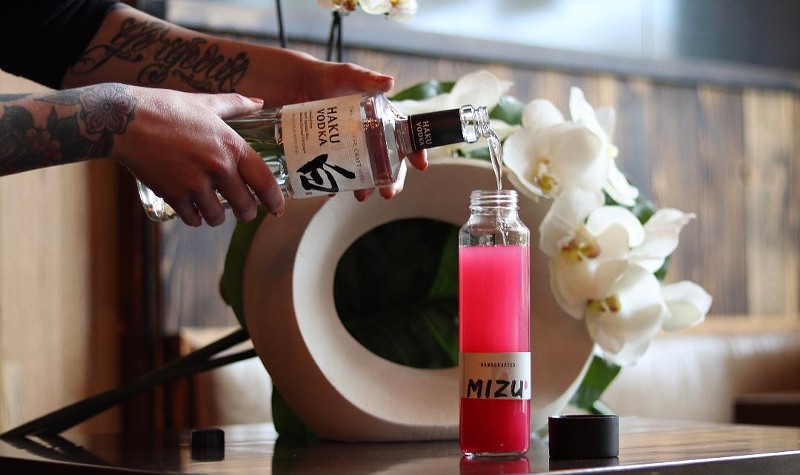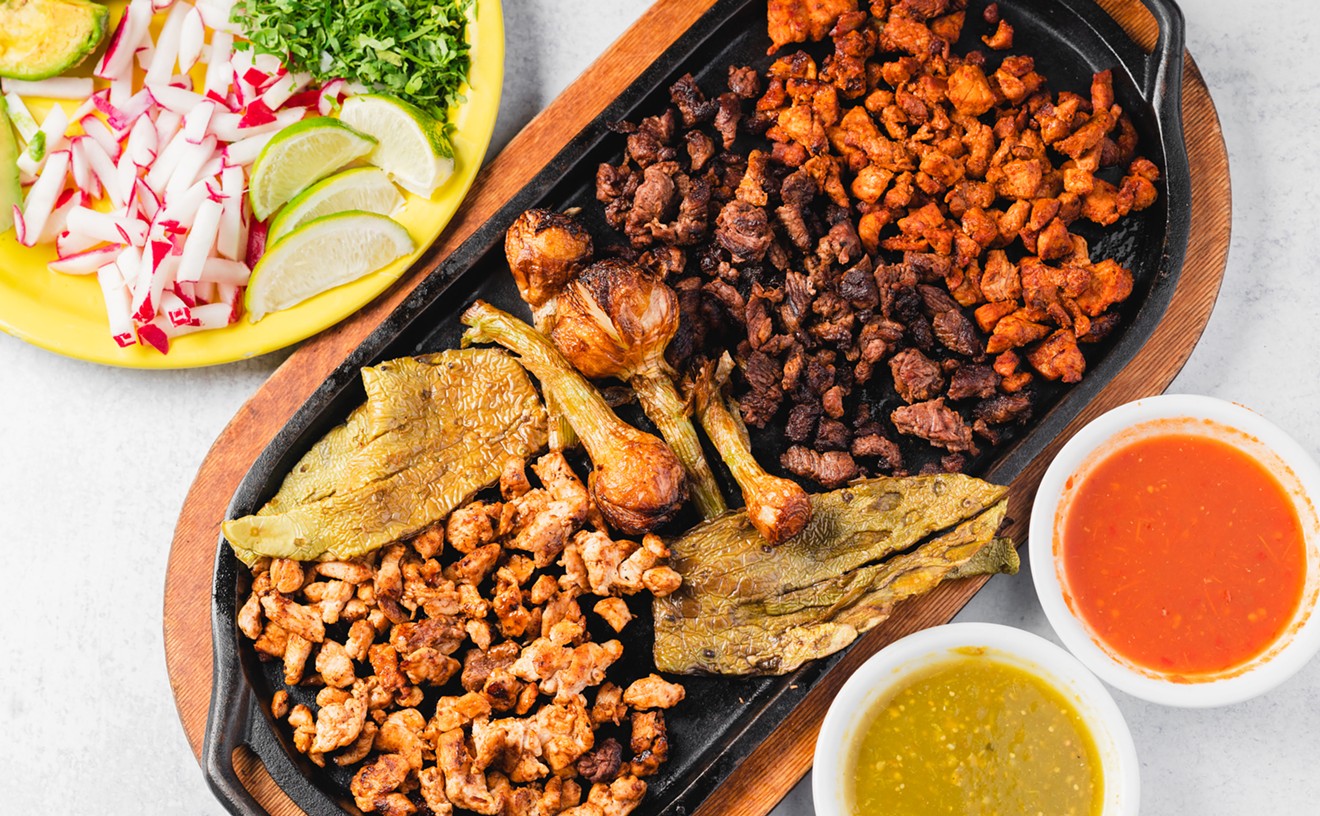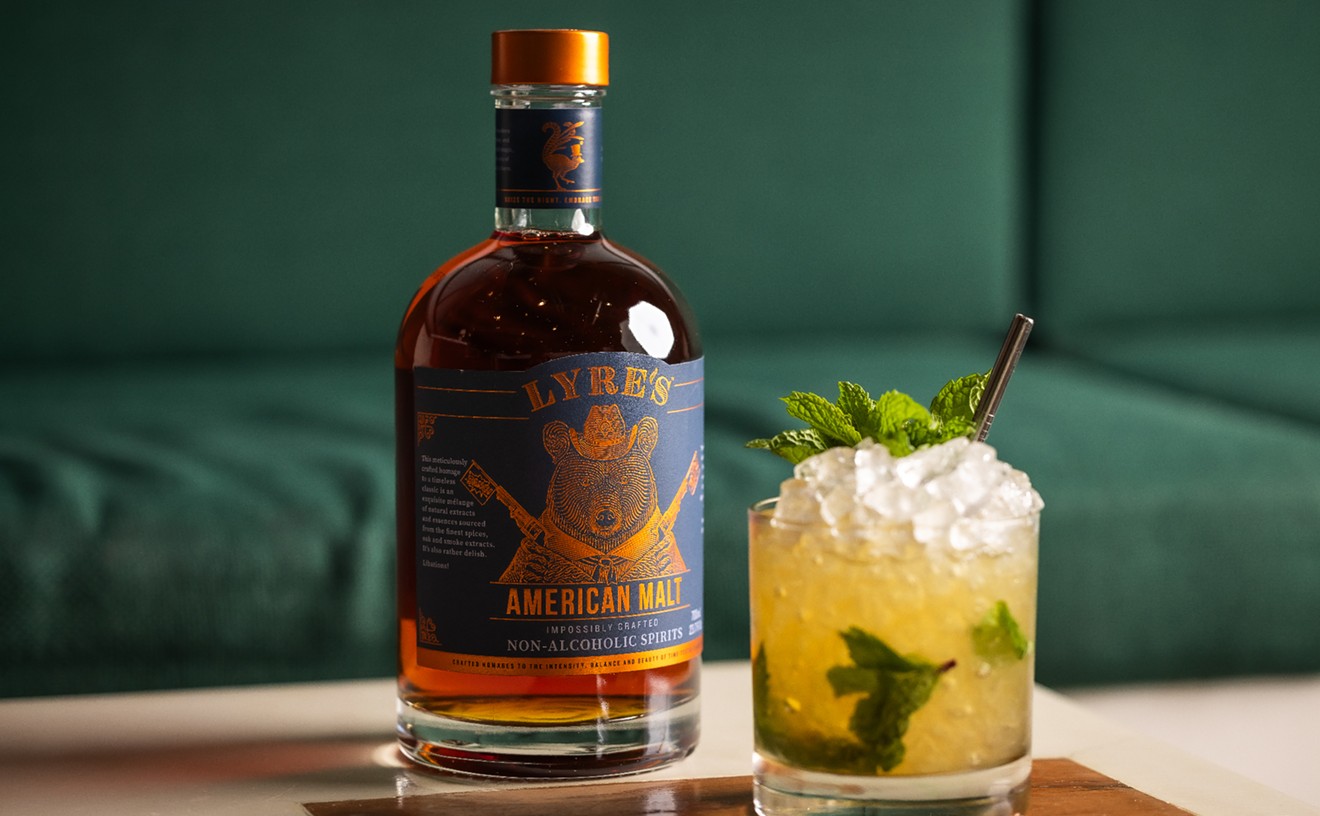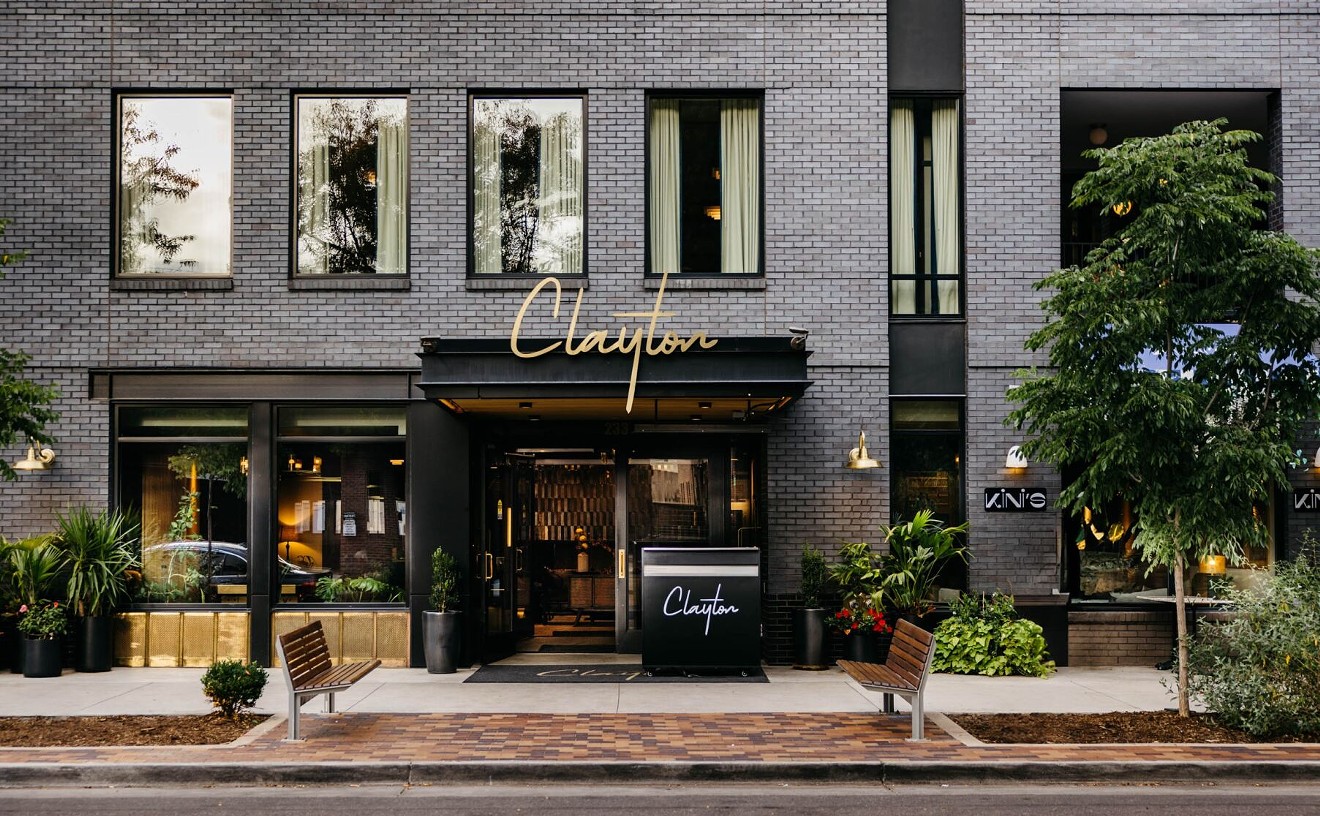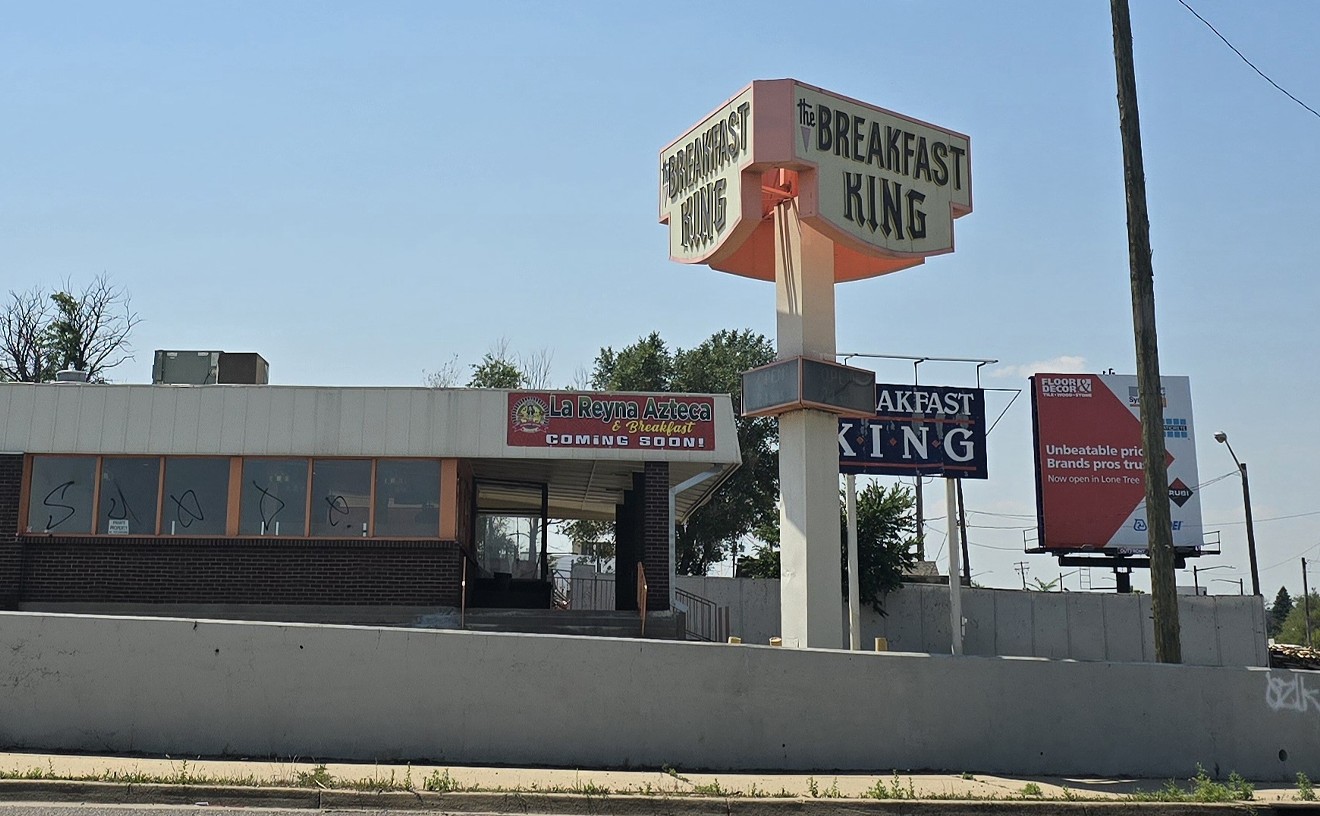Have a drink — to go. The next round's on the Colorado Legislature, because state lawmakers just passed Senate Bill 20-213, which extends Governor Jared Polis's executive order allowing restaurant and bar takeout and delivery of booze for another year.
The bill was originally written with a two-year lifespan, but the final version was amended to a one-year extension; it will expire on July 1, 2021. But that's a big improvement over the month-to-month executive orders from Polis that have allowed takeout liquor sales since March 20, which were often renewed at the last minute.
Polis still needs to sign the bill for it to become law, but once that happens, it will allow customers to purchase sealed containers from bars and restaurants for takeout or delivery. The sealed containers can be the original packaging (such as cans or bottles), or other types of containers approved by the Colorado Liquor Enforcement Division. The measure also requires that no more than 50 percent of the business's revenue come from the sale of takeout and delivery liquor (once our current COVID-19 state of emergency is over), and that the business must be licensed to sell booze to go.
Customers will also be limited to 750 milliliters of wine or spirits, or 72 ounces of fermented beverages (such as beer or cider), unless they're buying from a manufacturer, such as a distillery, brewery, cidery or winery (which are already allowed to sell larger quantities).
The Colorado House passed the bill unanimously, and there was only one dissenting vote out of 35 Senate votes, from Senator Rhonda Fields, who represents District 29.
Since March 17, when restaurants and bars were ordered to close to on-premises customers, businesses have been limping along with takeout sales, and the addition of beer, wine and liquor to takeout menus has given many of them a fighting chance. As of May 27, customers were allowed to dine on-premises once again, but restrictions on capacity (50 percent or fifty people, whichever is lower) has severely limited a restaurant's ability to sell food and booze at pre-pandemic levels. Another year of to-go liquor sales will be an important source of revenue for the industry.
And as July 1, 2021, rolls around, it's possible that lawmakers will wonder why takeout liquor sales were ever illegal in the first place and make the temporary law permanent. Because in the long run, is there really much difference between buying a growler of beer from a brewpub, a bottle of wine from an urban winery or a jar of Manhattans from your neighborhood bar? Most of us don't think so; a recent survey by the Colorado Restaurant Association showed that one in three adults in Colorado had purchased takeout booze the previous week, and that 85 percent of Colorado residents favor making the new liquor law permanent.
We'll drink to that.
[
{
"name": "Air - MediumRectangle - Inline Content - Mobile Display Size",
"component": "12017618",
"insertPoint": "2",
"requiredCountToDisplay": "2",
"watchElement": ".fdn-content-body",
"astAdList": [
{
"adType": "rectangle",
"displayTargets": "mobile"
}
]
},{
"name": "Editor Picks",
"component": "17242653",
"insertPoint": "4",
"requiredCountToDisplay": "1",
"watchElement": ".fdn-content-body",
"astAdList": [
{
"adType": "rectangle",
"displayTargets": "desktop|tablet"
},{
"adType": "rectangle",
"displayTargets": "desktop|tablet|mobile"
}
]
},{
"name": "Inline Links",
"component": "18838239",
"insertPoint": "8th",
"startingPoint": 8,
"requiredCountToDisplay": "7",
"maxInsertions": 25
},{
"name": "Air - MediumRectangle - Combo - Inline Content",
"component": "17261320",
"insertPoint": "8th",
"startingPoint": 8,
"requiredCountToDisplay": "7",
"maxInsertions": 25,
"watchElement": ".fdn-content-body",
"astAdList": [
{
"adType": "rectangle",
"displayTargets": "desktop|tablet"
},{
"adType": "rectangle",
"displayTargets": "desktop|tablet|mobile"
}
]
},{
"name": "Inline Links",
"component": "18838239",
"insertPoint": "8th",
"startingPoint": 12,
"requiredCountToDisplay": "11",
"maxInsertions": 25
},{
"name": "Air - Leaderboard Tower - Combo - Inline Content",
"component": "17261321",
"insertPoint": "8th",
"startingPoint": 12,
"requiredCountToDisplay": "11",
"maxInsertions": 25,
"watchElement": ".fdn-content-body",
"astAdList": [
{
"adType": "leaderboardInlineContent",
"displayTargets": "desktop|tablet"
},{
"adType": "tower",
"displayTargets": "mobile"
}
]
}
]

